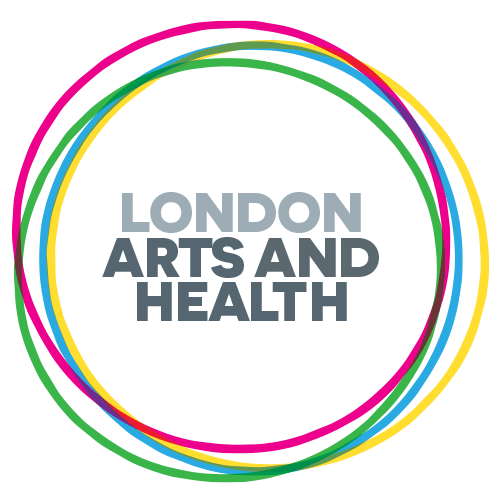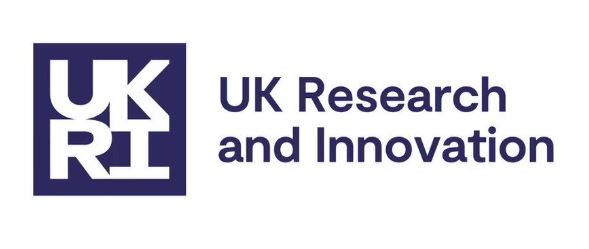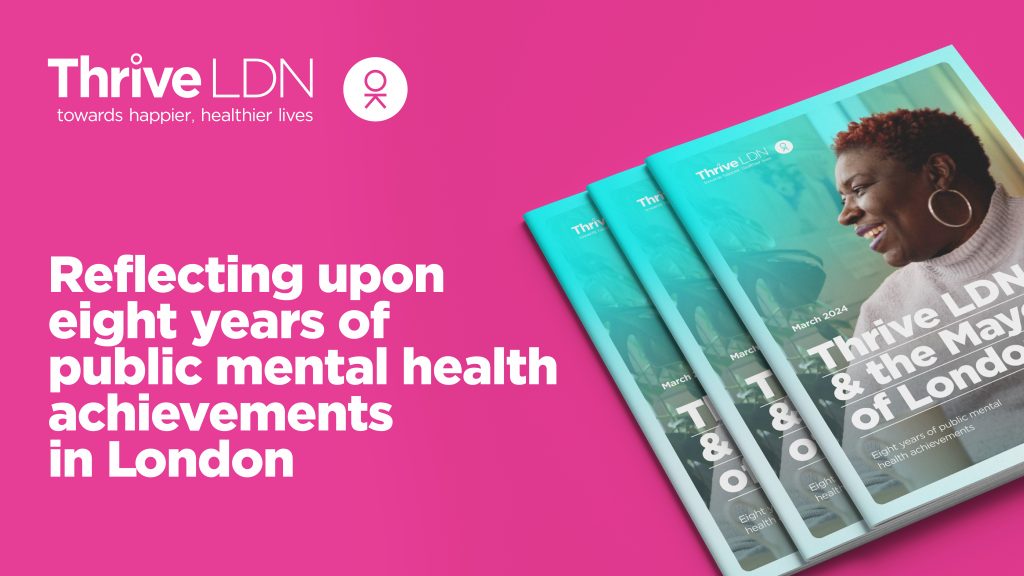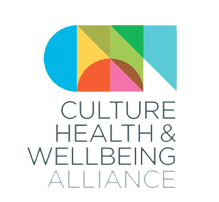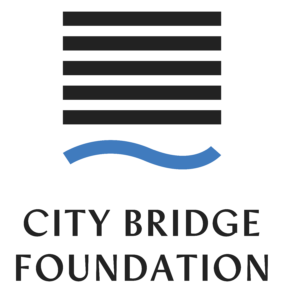The projects in the mobilising community assets to tackle health inequalities programme seek to tackle entrenched and long-standing health inequalities in some of Britain’s poorest communities. They will do this by exploring how health systems can collaborate more effectively with communities.
Some of the projects will explore ways of addressing health inequalities in rural and coastal communities. Others will be focused on tackling systems change to support specific communities, including:
- Roma communities
- refugees and migrant communities
- people experiencing homelessness
- D/deaf British Sign Language (BSL)-using communities
- children and young people experiencing mental health challenges
Shaping a healthier, happier Britain
Arts and Humanities Research Council (AHRC) Health Inequalities Programme Director, Professor Helen Chatterjee said:
“The evidence is clear – intellectual stimulation, a sense of purpose, engagement in your community and a fulfilling social life are as important as diet, exercise and medical care when it comes to living a long and healthy life. Yet often public health interventions neglect this reality.
These projects seek to improve the length and quality of our lives by making use of the rich cultural, artistic, nature and social resources that already exist within our communities. In this way, we can shape a healthier, happier Britain.”
Director of Community Health and Personalised Care at NHS England, James Sanderson said:
“We know that joining up care leads to better outcomes for people. When local partners – the NHS, councils, the voluntary sector and others work together, they can create better services based on local need and what matters to people. Harnessing community assets, finding the opportunities for connection, activity and purpose can support people to achieve good health and wellbeing outcomes.”
Third phase of the programme
This is the third phase of the programme, led by AHRC in collaboration with the following councils, all part of UK Research and Innovation (UKRI):
- Biotechnology and Biological Sciences Research Council
- Economic and Social Research Council
- Medical Research Council
- Natural Environment Research Council
Additional funding has come from UKRI’s building a secure and resilient world and creating opportunities, improving outcomes strategic themes.
The programme is also run in partnership with the National Centre for Creative Health.
Place and systems
Several of the projects aim to tackle problems facing specific types of communities.
Dr Sara Bradley’s project, based at the University of South Wales, will explore how community-based services can address the challenges faced by rural communities in the Scottish Highlands. These include social isolation, deprivation and delivering services to dispersed communities across large geographical areas.
She and her team will work with local residents, community groups and healthcare professionals to maximise the use of community assets such as museums, libraries and green spaces. Through the project they aim to integrate the community assets with health and care systems.
Importance of community-based resources
Dr Bradley said:
“This project will deepen our understanding of rural health inequalities and how to address them in a way that will benefit rural communities across the UK and beyond. By actively involving local residents, we will help rural communities to have a meaningful role in research and service design.
This represents an excellent opportunity to research rural health inequalities, which often remain hidden, and to highlight the importance of community-based resources like museums to rural areas. Our aim is to increase public engagement with local cultural and natural resources in order to widen participation, improve community resilience and promote mental well-being.”
Focus on coastal communities
Another project led by the University of Liverpool and the University of Bristol will focus on coastal communities, which suffer some of the worst health outcomes and inequalities in the UK.
Focusing on Blackpool, Weston-super-Mare and Hastings, the project will bring the NHS, local authorities, researchers, voluntary and community organisations and residents together to tackle health inequalities. It will focus in particular on mental health, including:
- young people’s mental health
- substance misuse
- life-limiting illness, grief and bereavement
Arts, storytelling and community
Other projects aim to reduce health inequalities using the resources or assets already at the disposal of communities.
This includes the Arts4Us project based at Edge Hill University, which focuses on the mental health of children aged nine to 13. The project will involve children and young people across the north-west coast of England in the creation of a digital platform where local arts activities can be made accessible to them.
Involving children and young people in creating the platform will help those taking part develop the skills to access and maximise the benefits of arts activities that support their mental health.
Principal investigator Professor Vicky Karkou said:
“This collaborative project with over 50 partners aspires to create methodologies, frameworks and training material that will be relevant nationally and internationally, supporting the mental health of children and young people wherever they live.”
Addressing misinformation and building trust
Another project, ReCITE, is led by Liverpool School of Tropical Medicine. It will explore how storytelling can be better integrated into community and health systems to tackle health inequalities in disadvantaged communities in Merseyside.
Working with local communities, it aims to address misinformation and build trust in relation to health prevention measures such as cancer screening and childhood immunisation. It will do this by developing stories with communities, building on existing structures to test a more integrated creative health approach.
Advocating for under-served communities
Professor Miriam Taegtmeyer, project lead from Liverpool School of Tropical Medicine, said:
“We are pleased to have this opportunity to bring creative storytellers together with local communities, health professionals and researchers. ReCITE puts people with lived experience at the heart of tackling health inequities, harnessing the power of telling stories that resonate with people to catalyse change and advocate for under-served communities.
Utilising the research expertise at Liverpool School of Tropical Medicine and our partner universities, we will test and evaluate the effectiveness of this creative health approach as a way to improve health outcomes.”
